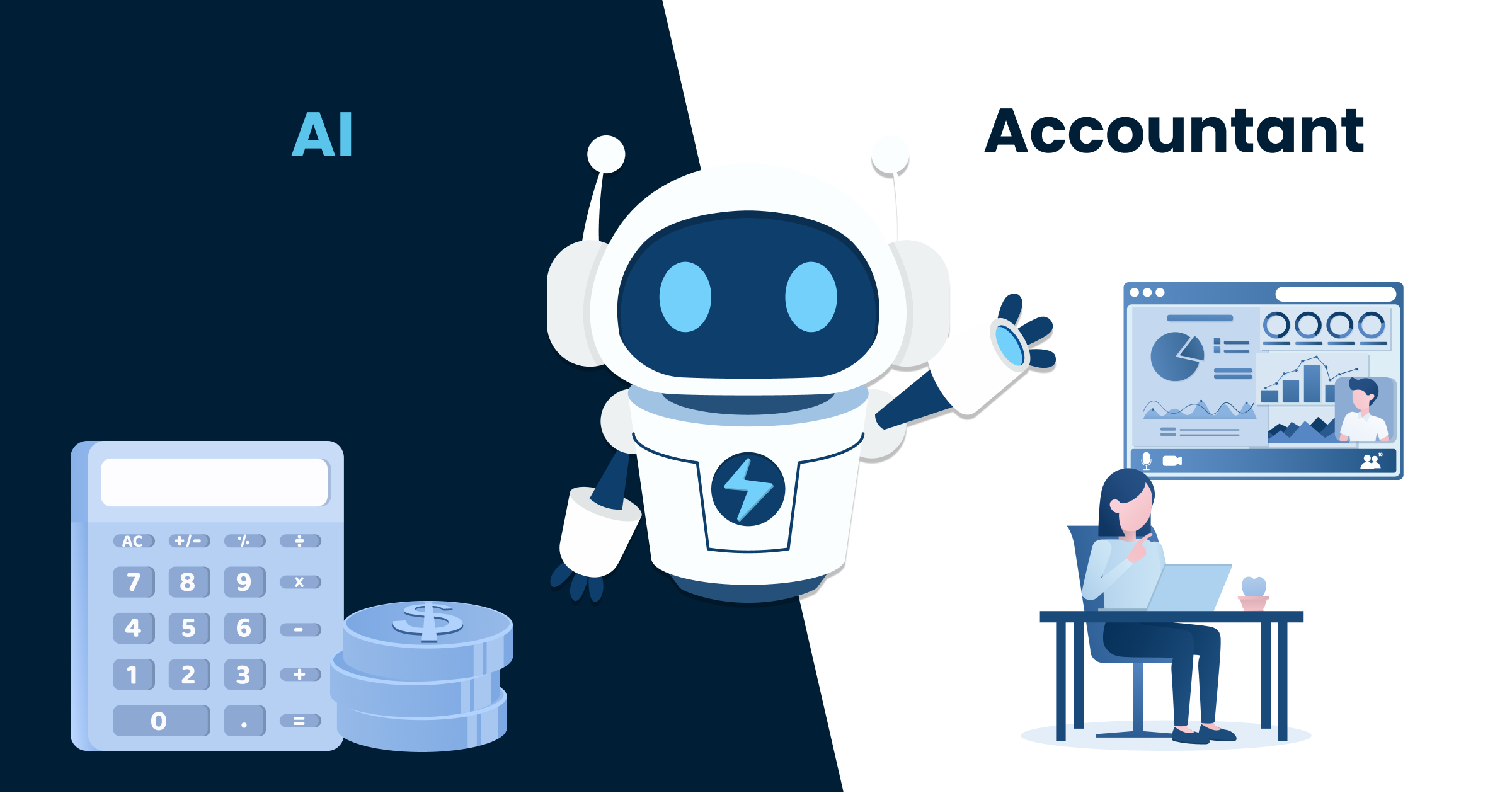Transforming Finance: The Impact of Artificial Intelligence in Modern Accounting
Posted: Tue Dec 12, 2023 7:45 pm

Artificial Intelligence (AI) has significantly impacted the field of accounting, offering a range of tools and technologies that enhance efficiency, accuracy, and decision-making. Here are some key areas where AI is applied in accounting:
Automation of Repetitive Tasks:
AI is used to automate routine and time-consuming tasks such as data entry, invoice processing, and reconciliations. This helps accountants save time and reduces the likelihood of errors.
Data Analysis and Predictive Analytics:
AI tools can analyze large datasets quickly, identifying patterns and trends that might be challenging for humans to discern. Predictive analytics can be used for forecasting financial outcomes, helping businesses make informed decisions.
Fraud Detection:
AI algorithms can detect anomalies in financial transactions that may indicate fraudulent activities. By analyzing patterns and flagging irregularities, AI helps prevent and detect fraudulent transactions more effectively than traditional methods.
Natural Language Processing (NLP):
NLP enables AI systems to understand and process human language. This is particularly useful for parsing and extracting information from financial documents, emails, and other textual data, making it easier to update records and extract meaningful insights.
Expense and Cost Management:
AI tools assist in tracking and managing expenses by automating the categorization of expenses, identifying cost-saving opportunities, and providing insights into spending patterns.
Financial Reporting and Compliance:
AI can streamline the process of financial reporting by automating the generation of reports, ensuring compliance with accounting standards, and reducing the risk of errors in financial statements.
Cash Flow Forecasting:
AI algorithms can analyze historical financial data and market trends to provide accurate and timely cash flow forecasts. This helps businesses plan for future financial needs and make informed investment decisions.
Robotics Process Automation (RPA):
RPA, a form of AI, is used to automate rule-based and repetitive tasks, enhancing the efficiency of accounting processes. This includes tasks such as data extraction, invoice processing, and reconciliation.
Audit Support:
AI-powered audit tools can analyze vast amounts of financial data quickly, helping auditors identify risks and anomalies. This improves the audit process by providing more thorough and accurate insights.
Virtual Financial Assistants:
AI-driven virtual assistants can handle routine queries, freeing up accountants to focus on more complex tasks. These assistants can answer questions, provide insights, and even perform basic financial analyses.
The integration of AI in accounting not only increases efficiency but also enables accountants and financial professionals to shift their focus from manual tasks to more strategic and analytical responsibilities, ultimately adding more value to businesses.